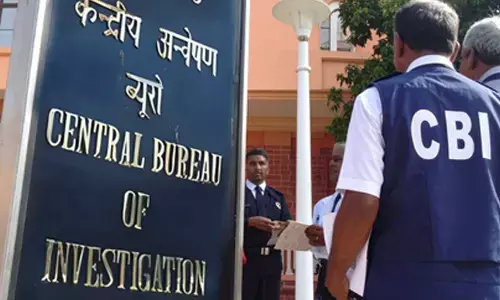Protecting Your Child

Understanding Primary Immunodeficiency Disorders (PIDs)
Primary Immunodeficiency Disorders (PIDs) are increasingly emerging as a significant health concern, especially among children. These disorders, characterized by genetic abnormalities that compromise the immune system’s ability to fight infections, can have profound effects on a child’s health and quality of life. With the prevalence of PIDs on the rise, healthcare experts are urging for increased awareness and proactive measures to address these conditions effectively.
According to recent reports, the incidence of PIDs has been steadily increasing over the past decade. What was once considered rare is now being diagnosed with growing frequency, with an estimated 300-400% rise in cases in the last ten years. This alarming trend underscores the need for heightened attention and proactive measures to address the underlying causes and implications of these disorders.
Dr. Sagar Bhattad, a leading expert in pediatric immunology, emphasizes the importance of early detection and intervention in managing PIDs. “Early diagnosis is crucial for timely and appropriate medical intervention,” says Dr. Sagar Bhattad. “It allows for the implementation of targeted treatment strategies to improve a child’s health and quality of life.”
Recognizing the warning signs and symptoms of PIDs is key to early detection. Common indicators include recurrent or severe infections of the respiratory tract, chronic diarrhea, persistent skin infections, delayed wound healing, unexplained weight loss, and enlarged lymph nodes, among others. Parents and caregivers are encouraged to remain vigilant and consult healthcare professionals if they observe any concerning symptoms in their children.
To aid in the diagnosis of PIDs, healthcare providers may recommend various screening tests and evaluations. These may include a complete blood count (CBC) to assess white blood cell count, immunoglobulin (Ig) level measurements, lymphocyte assays to evaluate immune cell numbers, and genetic testing to confirm the diagnosis.
Moreover, raising awareness about PIDs and promoting education among parents, caregivers, and healthcare professionals is essential for improving outcomes in children affected by these disorders. Initiatives aimed at increasing vaccination rates, recognizing warning signs, and facilitating early evaluation and referral to pediatric immunologists are critical steps in addressing the challenges posed by PIDs.
Despite the growing prevalence of PIDs, there is hope for affected children and their families. With early detection, appropriate medical intervention, and ongoing support, children with PIDs can lead fulfilling lives and thrive despite their condition. By prioritizing awareness, education, and proactive healthcare measures, we can work towards better outcomes and improved quality of life for children living with primary immunodeficiency disorders.
(Dr. Sagar Bhattad is a Consultant - Paediatric Immunology & Rheumatology, Aster CMI Hospital, Bangalore)














